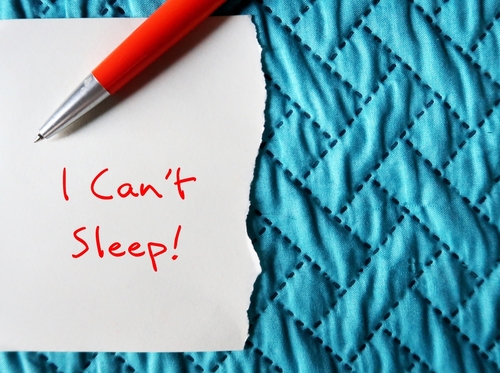Sleep is a vital aspect of our overall health and well-being, yet many of us struggle to get enough of it.
Sleep deprivation is a common problem that can have a significant impact on our physical and mental health. In this article, we will explore the various ways in which sleep deprivation can affect our health and what we can do to improve the quality of our sleep.
The Physical Effects of Sleep Deprivation
One of the most obvious effects of sleep deprivation is fatigue and drowsiness. When we don’t get enough sleep, we may feel tired and sluggish during the day, making it difficult to focus and complete tasks. This can lead to a decrease in productivity and an increase in accidents and errors.
In addition to fatigue, sleep deprivation can also have a negative impact on our immune system. Studies have shown that people who don’t get enough sleep are more susceptible to colds and other infections. Additionally, sleep deprivation can increase our risk of developing chronic health conditions such as diabetes, heart disease, and obesity.

The Mental Effects of Sleep Deprivation
The effects of sleep deprivation can also be seen in our mental health. Lack of sleep can contribute to feelings of anxiety and depression, as well as cognitive difficulties such as memory loss and poor decision-making.
Sleep deprivation can also affect our emotional well-being. Studies have shown that people who don’t get enough sleep are more likely to experience mood swings and irritability. Additionally, lack of sleep can make it more difficult for us to cope with stress, which can lead to an increase in emotional problems such as anxiety and depression.
Individual Differences
It’s important to note that the effects of sleep deprivation can vary from person to person. Some people may be more affected by sleep deprivation than others, depending on their age, genetics, and overall health. You can check out the results of the 2022 UK Sleep Survey conducted by Panda London to gain more insights into how sleep patterns vary from person to person in the UK and what factors may be affecting our sleep.
If you are struggling to get enough sleep, it’s a good idea to consult a medical professional to help identify the cause of your sleep problems and develop an appropriate treatment plan.

Improving the Quality of Your Sleep
To improve the quality of your sleep, it’s important to adopt good sleep hygiene practices. This includes establishing a consistent sleep schedule, avoiding caffeine and alcohol close to bedtime, and creating a comfortable and relaxing sleep environment.
Additionally, practising relaxation techniques such as deep breathing, meditation or yoga can help to reduce stress and anxiety and make it easier to fall asleep.
Another big factor is to maintain a healthy lifestyle. Eating a balanced diet, regular exercise, and limiting screen time before bed can all contribute to better sleep.
It’s important to remember that everyone’s sleep needs are different, and what works for one person may not work for another. Experiment with different strategies and find what works best for you.
Conclusion
Sleep deprivation can have serious consequences on our physical and mental health. By understanding the connection between sleep and our overall health, we can take steps to improve the quality of our sleep and live healthier, happier life. By following good sleep hygiene practices and making lifestyle changes, we can improve the quality of our sleep and our overall health.





